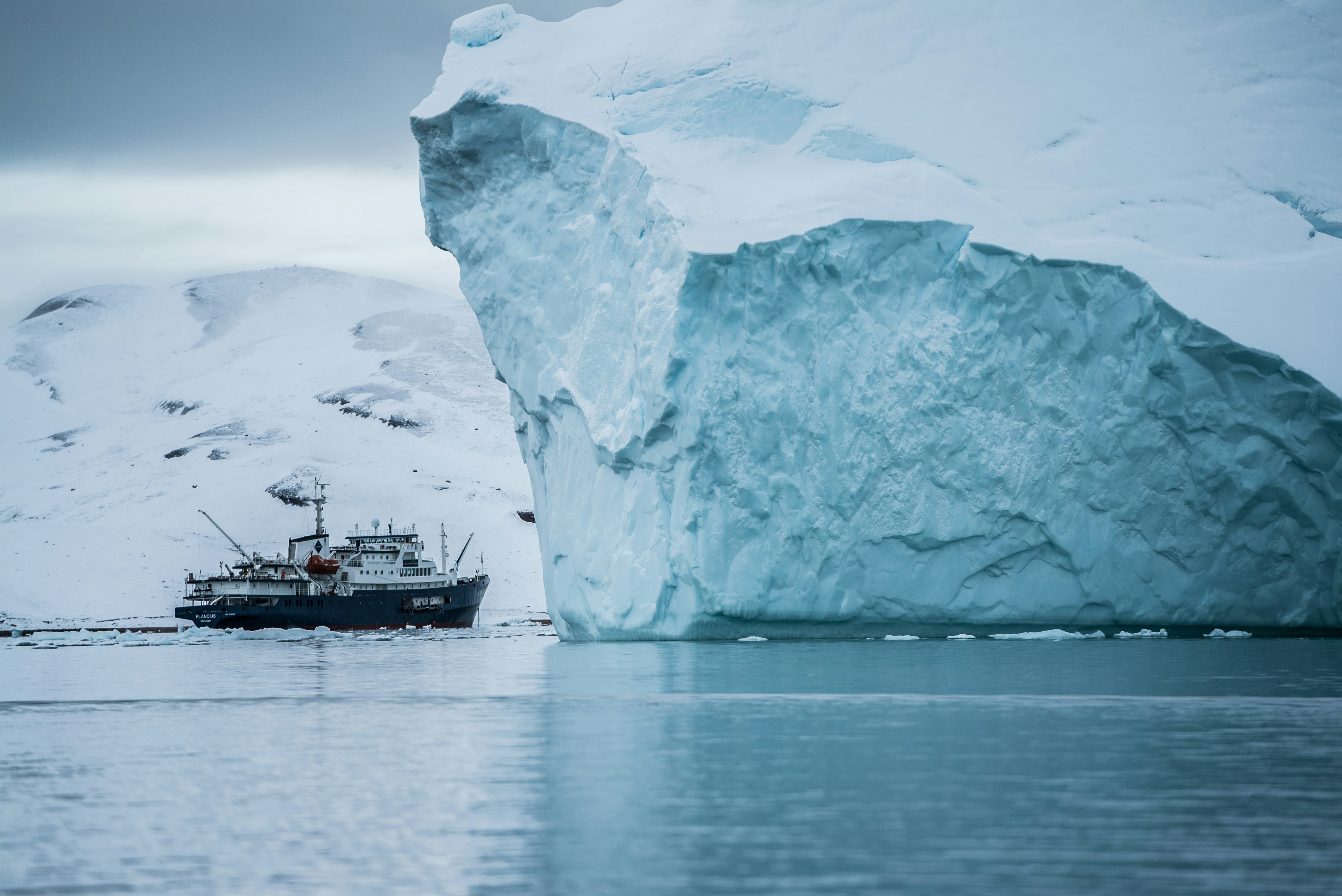Journal/
conference: Royal Society Open Science
conference: Royal Society Open Science
Research:Paper
Organisation/s:
Bielefeld University, Germany
Funder:
This work was supported by the Deutsche Forschungsgemeinschaft (DFG) in the framework of the priority programme SPP 1158 'Antarctic Research with comparative investigations in Arctic ice areas' (project number 462615224). Publication costs were supported by the Open Access Publication Fund of Bielefeld University.



 International
International


